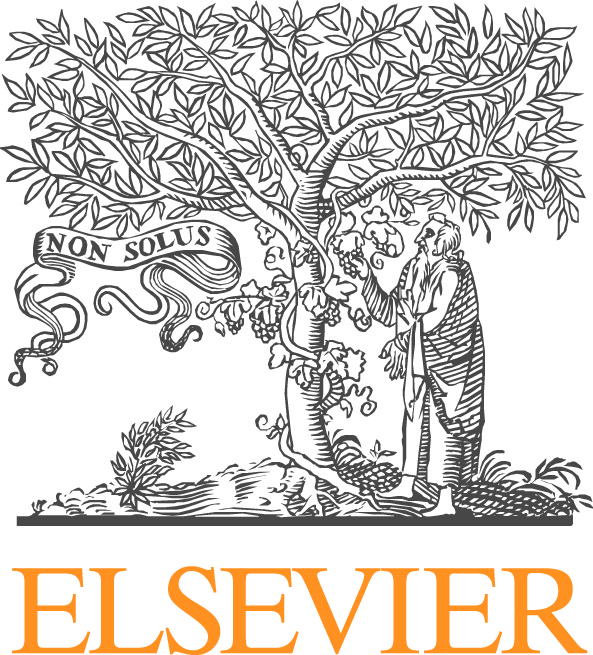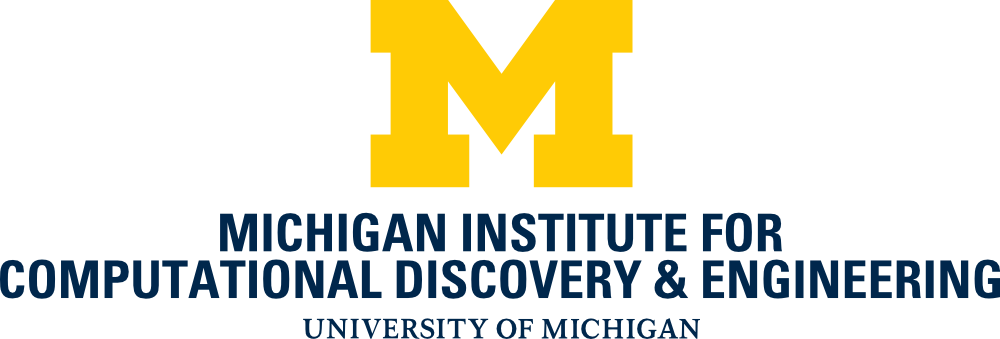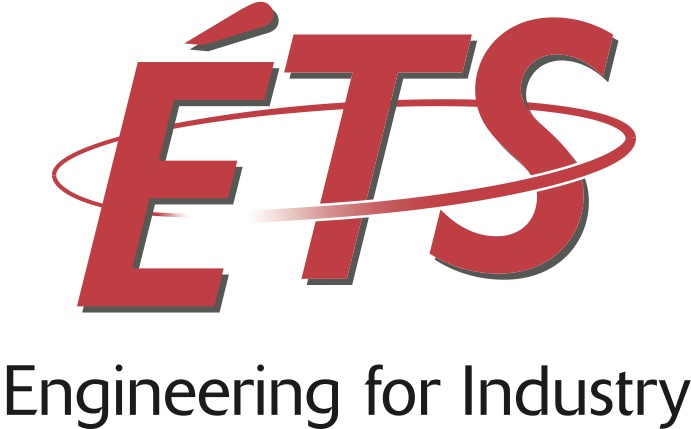Recent Advances in Computational Fracture Mechanics and Failure Analysis
Hiroshi Okada, Tokyo University of Science
Xiaosheng Gao, University of Akron
Toshio Nagashima, Sophia University
The purpose of this mini-symposium is to record progresses achieved in recent years in developing computational models/tools for predicting failure of materials and structures and to provide a platform for exchanging ideas to advance the state of knowledge. The symposium is opened to contributions on static and dynamic, brittle and ductile fracture modeling as well as fatigue modeling. Furthermore, this mini-symposium also focuses on practical applications such as in the field of pressure vessel and pipings, structural integrity analyses on welded joints, etc. Due to the interdisciplinary nature of this research field, contributions from applied mechanics, materials science and engineering, bioengineering, interface engineering, nanotechnology, large scale analysis and practical applications to real structures are welcome.
Topics of interest include, but are not limited to:
• Novel concepts and techniques for computational modeling of crack initiation and propagation
• X-FEM/G-FEM
• Mesh-free methods with application to fracture simulation
• Constitutive characterization of brittle and ductile fracture
• Size effects in fatigue and fracture
• Multi-scale simulations of mechanical systems and physical based fracture modeling from nano to macro length scales
• Failure of materials in coupled fields
• Failure analyses on real/large-scale structures
• Structural Integrity Analyses
• Applications of fracture mechanics/failure analysis on welded parts/structures
• Etc.







